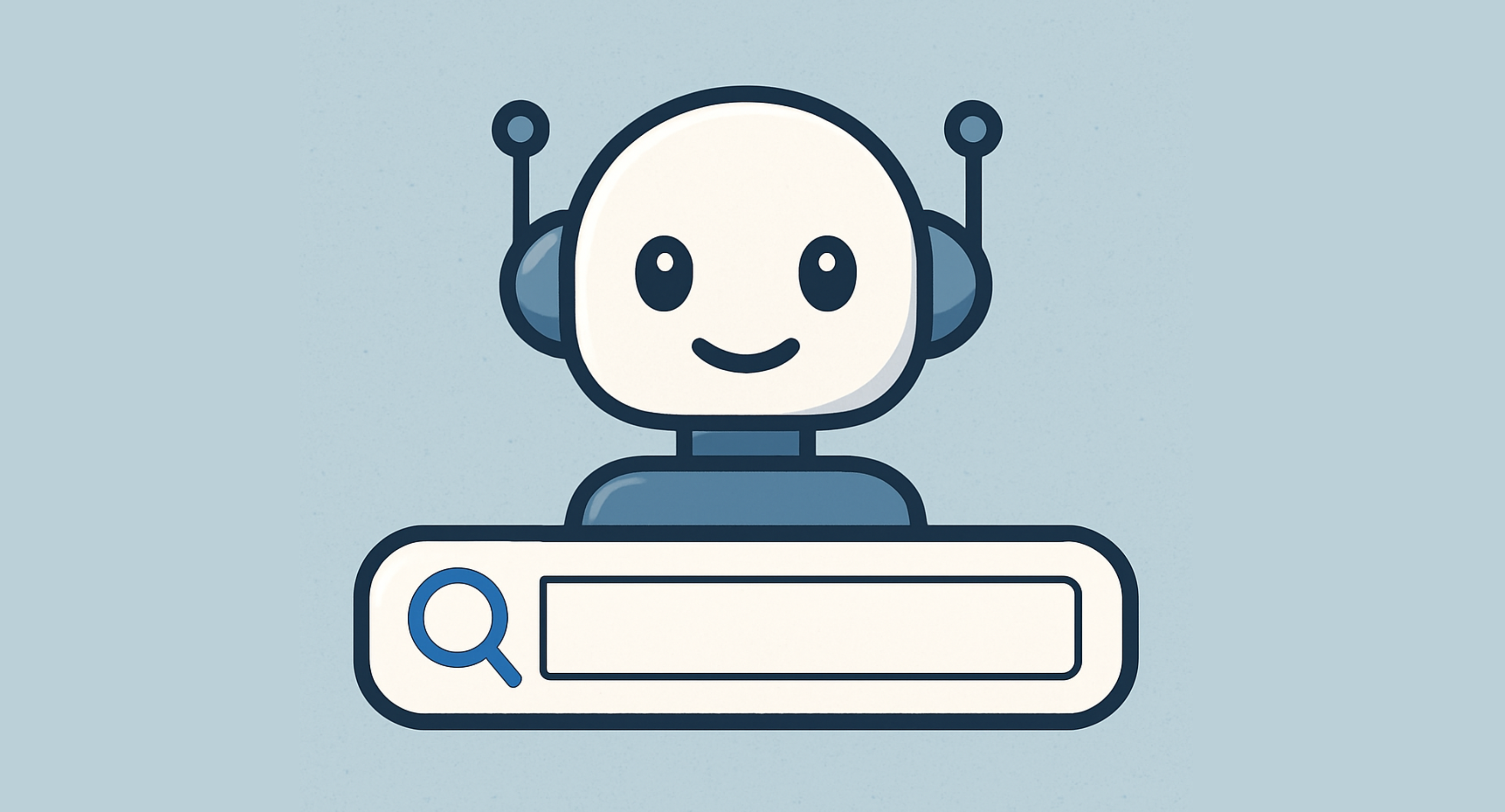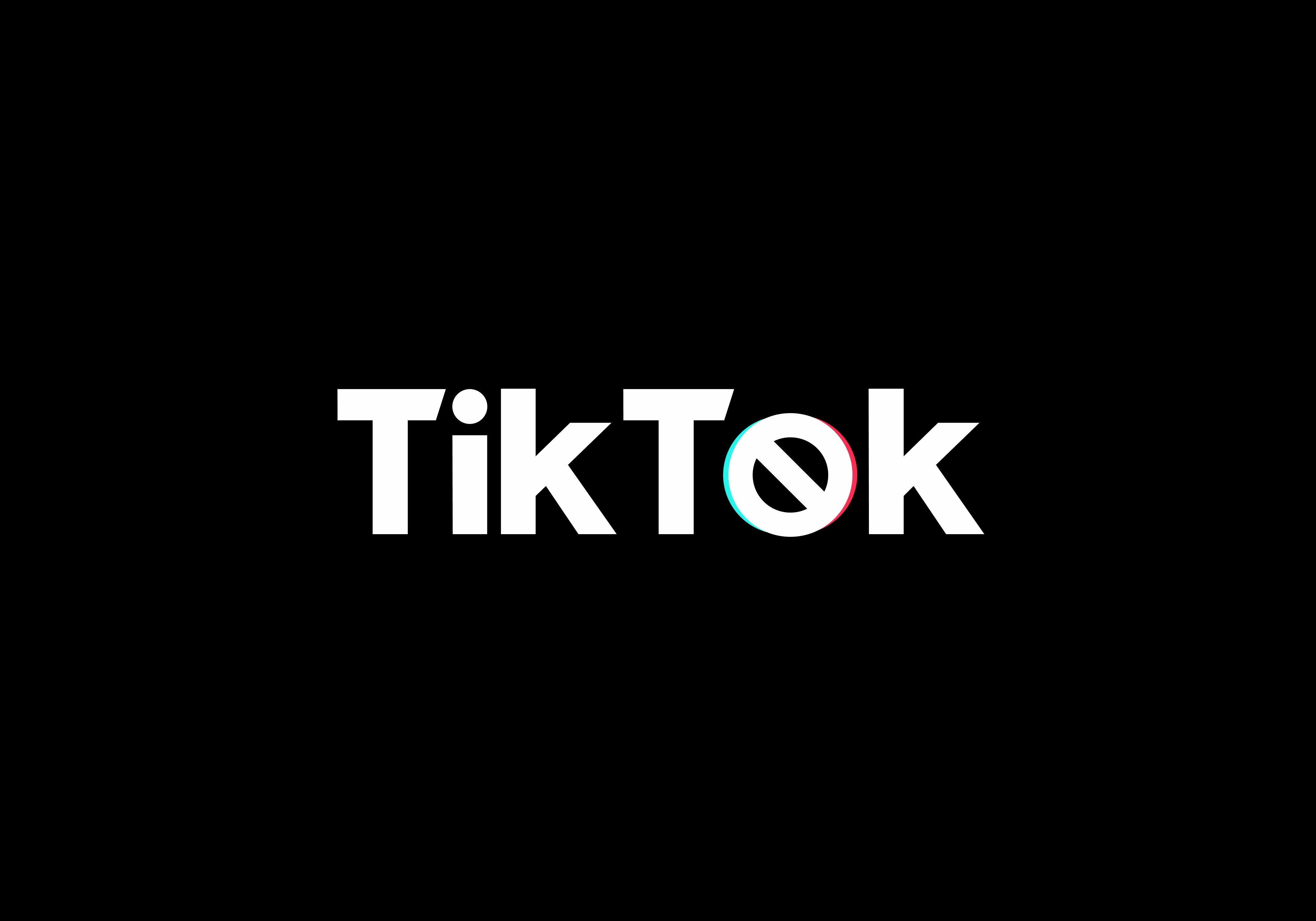
4 min read
The Hidden Cost of 'Free' Video Editing Tools for Brands
Creative tools like CapCut make it easy to generate short-form video content fast. But before you or your team upload anything branded, you should read the fine print.

4 min read
Creative tools like CapCut make it easy to generate short-form video content fast. But before you or your team upload anything branded, you should read the fine print.

5 min read
Credit unions have always claimed to put members first. But so does everyone else now, including big banks and fintechs. In a marketplace full of...

3 min read
AI-powered search is rewriting the rules of digital visibility. With the rise of AI Overviews (AIOs), rich snippets that provide immediate,...

3 min read
As policymakers in the United States debate the fate of TikTok, marketers are keeping a close eye on the potential ripple effects.

4 min read
When thinking of conversion rate optimization, people often jump right to page design; however, the psychology behind decision-making often plays an...
5 min read
In a world flooded with advertisements and promotions, it's not enough to simply showcase your product or service to attract sales. Product research,...

4 min read
The holiday season is a pivotal time for many businesses—a period relied upon to boost sales, engage with customers, and strengthen brand loyalty.

3 min read
While many may see fall as a return to school, cooler weather, and pumpkin-spiced everything, many welcome fall by subjecting themselves to Fantasy...

7 min read
You know you need marketing help, but with so many options, choosing the right marketing agency for your business can seem daunting.

4 min read
Regardless of your political stance, if you work in marketing, you know that advertising during an election year is a different beast altogether.